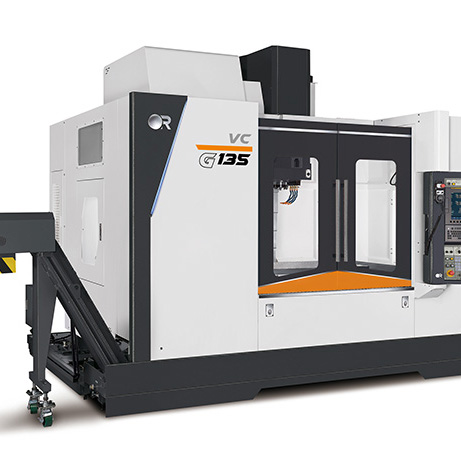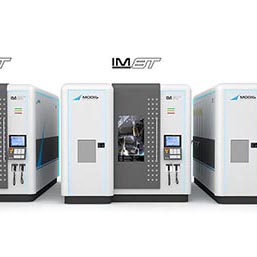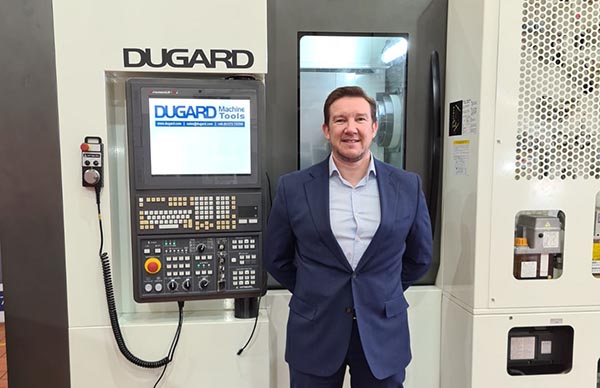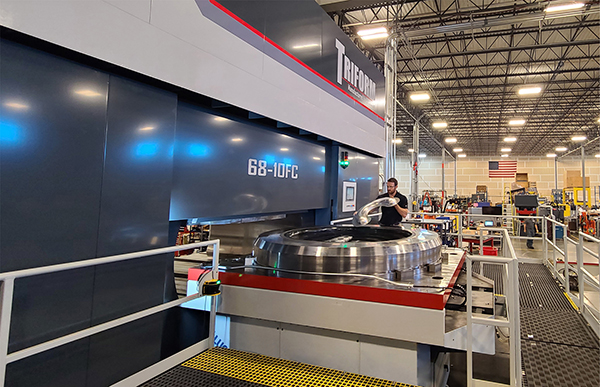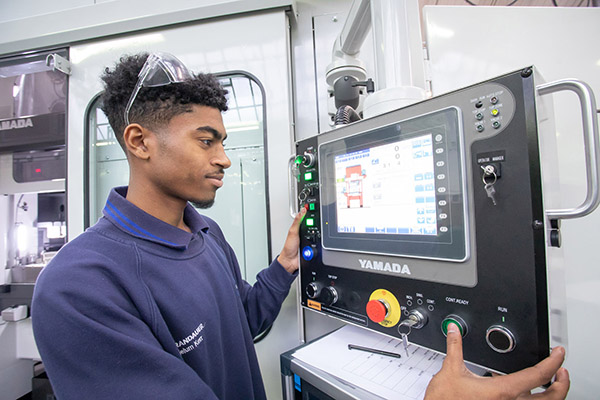
For manufacturers seeking a heavy-duty machining centre that offers a stable platform for high removal rates on challenging materials, GM CNC has introduced the UK market to the Victor Vcenter G135 vertical machining centre.
Confirming its credentials is a Meehanite casting with a wide-base A-frame design, a wide span column, four box-ways and screw removers with a box-way width of 145 mm, and an overall machine weight of 11,500 kg. Upon the G135’s foundation is a 1400 by 700 mm table that can accommodate parts up to 2200 kg.
This three-axis axis workhorse offers travel of 1350 x 700 x 700 mm in the X, Y and Z axis, with a BT50 spindle taper. The gear-head spindle design generates a power output of 18.5 kW with torque of 498 Nm.
Developed, manufactured and built in-house by Victor, the 6000 rpm spindle has a gear-head concept that retains maximum torque levels throughout the speed range. This factor makes the Vcenter G135 suitable for machining hard materials and exotic alloys.
The Victor Vcenter G135 vertical machining centre has an automatic tool change unit offering 24-tool capacity that can accommodate tools with a maximum weight of up to 15 kg. Furthermore, the axis feed motor on the machine generates 3 kW of power on all axes with a rapid feed rate of 20 m/min and axis acceleration of 0.28 G, which is driven through 50 mm diameter ball-screws.
As standard, the Victor Vcenter G135 is supplied with the latest FANUC CNC, fully enclosed splash guarding, spindle oil cooler, screw-type chip removal, bottom guarding for coolant flushing, rigid tapping, three-step warning lights, automatic power-off and levelling pads.
For further information
www.gm-cnc.com







